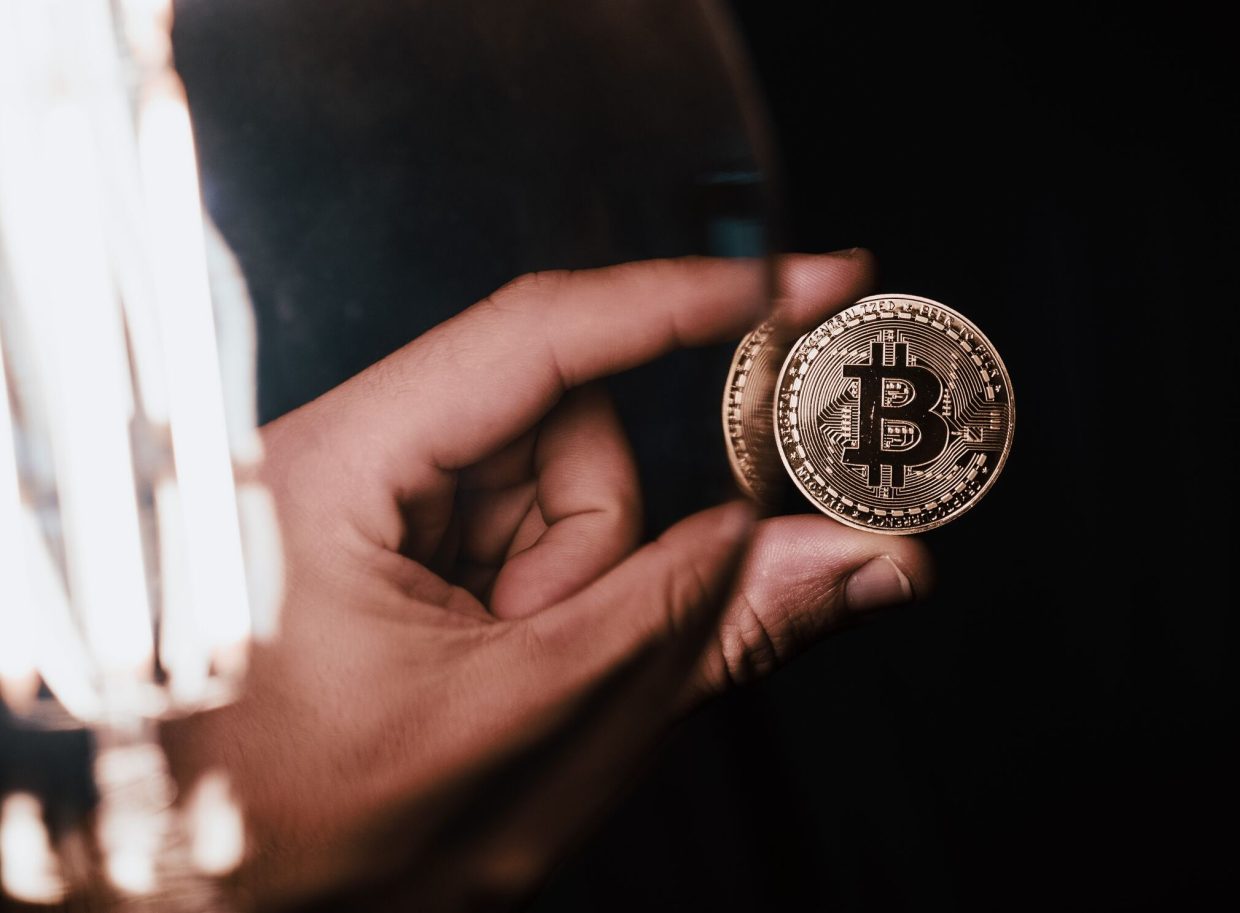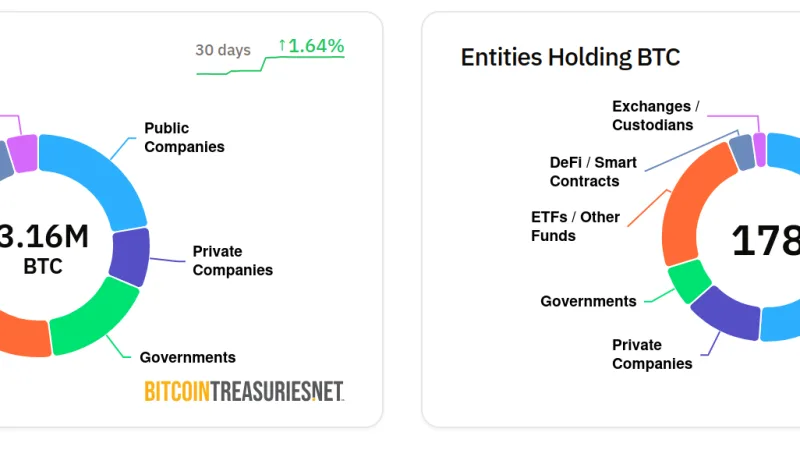The Fate of Your Bitcoins After Your Passing

What happens to your digital assets, particularly bitcoins, when you pass away? Unlike physical assets, the fate of digital assets is more complex and often raises questions. Digital assets encompass a wide range of items, including social media accounts, online bank accounts, and of course, cryptocurrencies such as bitcoin. When it comes to bitcoin, in particular, there are unique challenges that arise upon death.
The Challenge with Bitcoin Inheritance
Bitcoins exist only in virtual form and are encrypted for security purposes. Each bitcoin owner possesses a private password or key that grants access to the bitcoins stored in their digital wallet. Unfortunately, in the event of your demise, retrieving this private key becomes an obstacle. Since there isn’t a centralized authority that tracks these private keys, there is no method for potential heirs to access the bitcoins. If you haven’t designated anyone to inherit your private key, your bitcoins effectively become inaccessible.
A similar dilemma arises when you leave your private key behind without clear instructions on how to use it. In this case, your bitcoins are likely to stay lost, which is akin to having a key to a safety deposit box without any indication of its location. Unlike a bank that eventually clears out an abandoned safety deposit box, no entity would clear out lost bitcoins due to their limited supply, which actually increases their value through scarcity.
Options for Passing on Your Bitcoins
To ensure that your bitcoins are properly passed on to your heirs, there are a few options to consider. The simplest approach is to make sure your heirs are aware of your bitcoin account and either trust them with the private key now or store the private key in a secure location such as a safety deposit box. The private key can be stored on a flash drive or even written down on paper.
However, for those concerned about security, an alternative method is available. You can set up a “time-locked” transition using bitcoin itself. This means that a specific amount of time must pass before the bitcoins can be accessed by the heirs. As long as your heirs have the corresponding receiver address, they will receive the funds on the predetermined future date. It is worth noting, though, that this method carries the risk of the transaction occurring whether or not you are alive by the scheduled transaction date.
Another option is utilizing third-party services like Coinbase, which offers a more traditional solution in the form of a “vault.” This vault acts as a physical safety deposit box for your private key. Coinbase also provides joint accounts, allowing for a smooth transition and rapid access to the inherited bitcoins by your heirs.
Recommended: Unveiling the Mystery Behind Bitcoin Mining in Bhutan
The Importance of Clear Estate Planning
No matter which method you choose, it is crucial to establish clear estate plans. This can range from a simple will to the establishment of a trust. By clearly expressing your wishes in regards to your digital assets, you can avoid legal processes such as probate, which can be particularly challenging when it comes to cryptocurrency. Without proper planning, a knowledgeable and unscrupulous family member or friend could make off with the private key, leaving others unaware of the existence of the bitcoins or that they have fallen victim to theft.
Since laws regarding the inheritance of digital assets can be vague and vary by state, it is advisable to consult an attorney to assist in crafting your estate plans. Additionally, individual websites may have their own terms and conditions that apply. Seeking professional advice will help ensure that your digital assets are protected according to your wishes.
Bitcoins may serve as an extreme example, but it is crucial to provide instructions and access to your entire digital life to your heirs. When you pass away, compile a secure package that includes passwords, locations, and paths to all your digital assets. These can include online bank accounts, payment platforms like PayPal or Venmo, social media sites, and any other aspects of your digital life. By being considerate and proactive, you make the transition easier for those you leave behind and help preserve your digital legacy.






